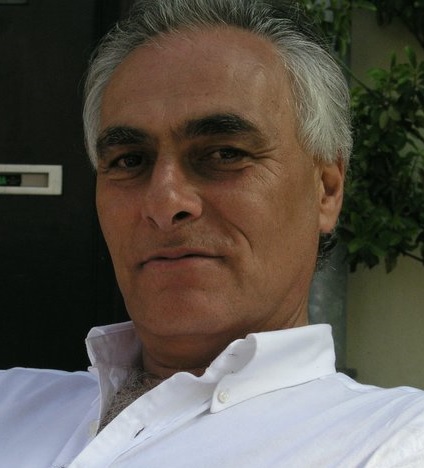- 09 Mar 2015
Israel-Palestinian Peace-Making: A Paradigm Shift
Abstract:
Wars inevitably spark change. That is no less true with regard to the war in Gaza in 2014, no matter what Hamas and Israel may say. The signs of changing attitudes of Israel and Hamas towards each other go significantly beyond the fact that two sworn enemies who refuse to recognize one another are negotiating, even if only indirectly. They also go beyond the fact that the road to last year’s Cairo talks was paved in part on indirect negotiations between Hamas and the United States, which, like Israel, has declared Hamas a terrorist organization.
For much of Israel’s existence, Israelis believed that their security depended on achieving a fully-fledged peace with the Jewish state’s Arab neighbours. For Palestinians, this meant accepting painful compromises involving surrenders of claims to pre-1967 Israeli territory and the effective surrender of the right of the 1948 refugees to return to their homes. Decades later, the Israeli-Palestinian peace-making paradigm has shifted, and Israelis no longer see peace as crucial to their existence or security. These changed Israeli perceptions of peace-making are mirrored on the Palestinian side.
About the Speakers

Senior Fellow
S. Rajaratnam School of International Studies (RSIS)
Nanyang Technological University
James M. Dorsey is a Senior Fellow at the S. Rajaratnam School of International Studies focused on the Middle East and North Africa and co-director of the Institute of Fan Culture of the University of Wuerzburg. James publishes widely in peer-reviewed journals as well as non-academic publications. A veteran, award-winning foreign correspondent for four decades in the Middle East, Africa, Latin America, Europe and the United States for publications such as The Wall Street Journal, The New York Times and the Financial Times, James has met a multitude of the region’s leaders. As a journalist, James covered primarily ethnic and religious conflict, including some of recent history’s most dramatic events such as the 1973 Middle East war; the Lebanese civil war; the 1979 Soviet invasion of Afghanistan and the U.S.-backed insurgency that ultimately led to the withdrawal of Soviet troops; the Palestinian intifadas; the Iranian revolution, U.S. embassy hostage crisis and the Iran-Iraq war; the Iraqi invasion of Iraq and the toppling of Saddam Hussein; the Israeli-Palestinian peace process; the wars in Croatia, Bosnia, Kosovo and Serbia; the armed struggles in the Western Sahara, Algeria, the Philippines, Kashmir, Eritrea, Tigre, the Ogaden, Chad, Niger, Chechnya, the Caucasus and Georgia; the Columbian drug cartels; the fall of Noriega in Panama; the wars in Nicaragua and El Salvador; the Kurdish insurgency in south-eastern Turkey, post-revolution Iran and Saddam’s Iraq; and the war on terror. James writes a widely acclaimed blog, The Turbulent World of Middle East Soccer, has a forthcoming book with the same title, and authors a syndicated column. He is a frequent speaker at international conferences, workshops and seminars and is consulted by governments, corporations and judicial authorities. He is currently completing his PhD at the University of Utrecht. James won the Dolf van den Broek prize in 2003 and was a two-time nominee for the Pulitzer Prize in 1980 and 1988. He was also a finalist for the 2012 European Press Prize, the Kurt Schork Award, the Amnesty International Media Award in 2002 and the Index on Censorship Award in 2012.




